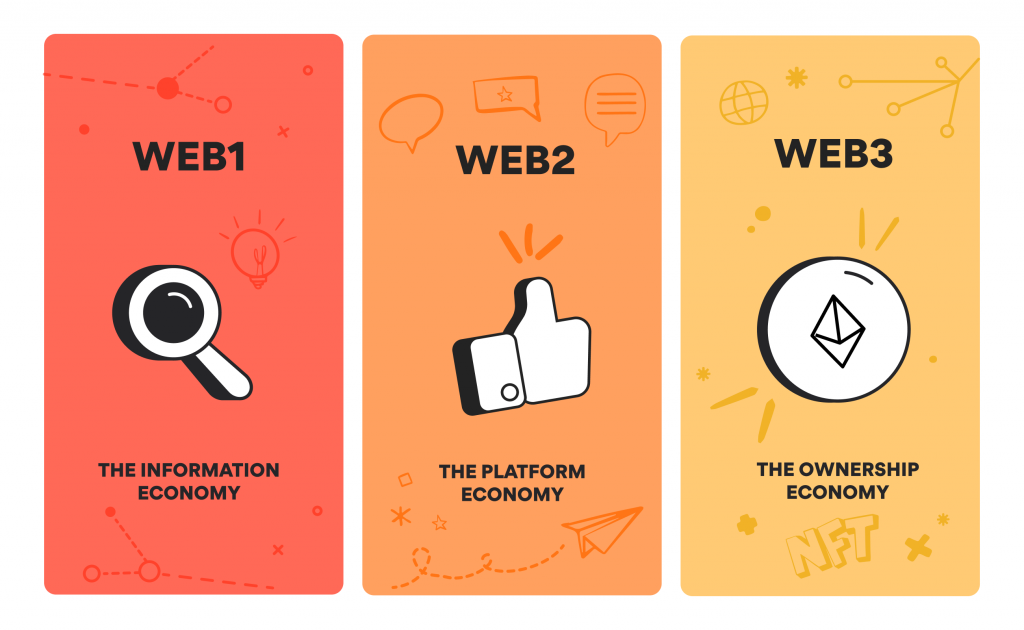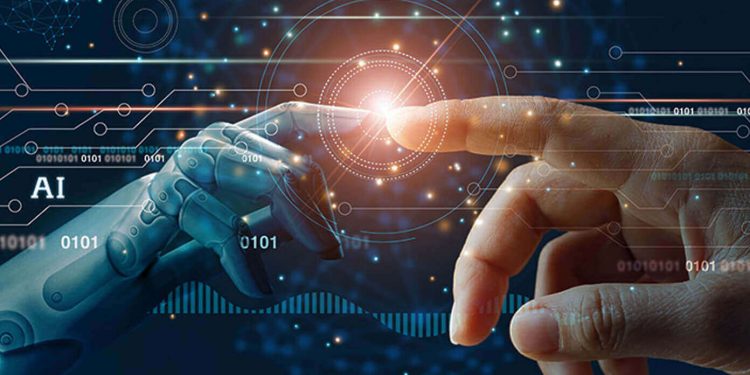This article will tackle how the integration of AI into the metaverse can bridge the gap between Web2 and Web3 technologies, creating a seamless virtual world that offers new levels of immersion, personalization, and security.
Artificial intelligence has been a rapidly growing field for many years now, and one of the pioneers of this field is the AI language model known as ChatGPT. Developed by OpenAI, ChatGPT has been leading the way in AI innovation and has the potential to bring together the best aspects of both Web2 and Web3 technologies. The integration of AI into the metaverse will create a seamless and limitless virtual world where there is no difference between the physical and digital.
Web2 and Web3

Web2 technology, also known as the second generation of the internet, is the era of social media, e-commerce, and other interactive platforms. It has revolutionized the way people communicate and interact with each other, creating a connected world where anyone can connect with anyone else.
On the other hand, Web3 technology is the next generation of the internet, which is based on blockchain technology and decentralized systems. This technology aims to give users more control over their data and assets, making the internet a more secure and trustworthy place.
How can AI incorporate Web2 and Web3 technologies together?
The two technologies have remained separate and have not yet been fully integrated. By integrating AI into the metaverse, it will help bridge the gap between Web2 and Web3 infrastructures, creating a seamless and limitless virtual world. The integration of AI into the metaverse will also bring with it a new level of immersion, creating a virtual world that is indistinguishable from the physical world.
The incorporation of AI in the metaverse will also bring new levels of personalization, allowing users to create their own unique virtual experiences. AI language models will be able to understand the user’s intent and preferences, providing recommendations and personalizing their experience based on their interests, creating a truly immersive and personalized virtual world, unlike anything seen before.
Advanced AI capabilities in the future will also bring a new level of security to the metaverse. With the increasing amount of data being stored in the virtual world, security and privacy are becoming major concerns. AI algorithms will also be able to detect and prevent potential security threats, ensuring the safety and privacy of users’ data and assets.
Final thoughts
The integration of AI into the metaverse has the potential to redefine the incorporation of Web2 and Web3 technologies, bringing together the best aspects of both to create a truly immersive, personalized, and secure virtual world. As AI continues to evolve and shape the future of virtual experiences, we can expect to see new levels of innovation, creativity, and connectivity in the digital realm. The future of the metaverse looks bright, and we have ChatGPT and its pioneering AI capabilities to thank for paving the way.










